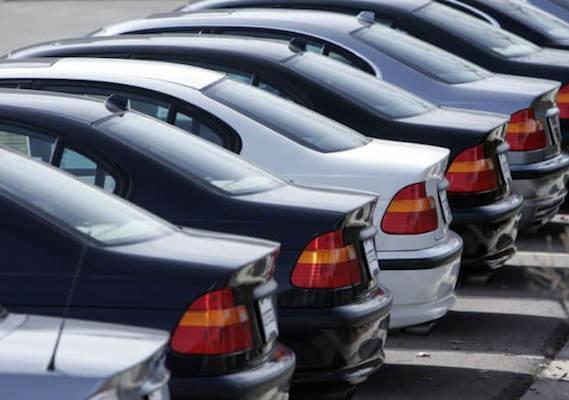The International Monetary Fund (IMF) has approved a proposal by the federal government to allow the import of vehicles up to five years old beginning September 2025, the Ministry of Commerce informed the Senate Standing Committee on Finance during a briefing earlier this week.
According to officials, these older vehicle imports will initially be subject to an additional 40% customs duty. However, this duty will be reduced by 10% annually starting in fiscal year 2026–27 and eventually eliminated, leaving only the standard import tariffs in place.
The policy also stipulates that from FY27 onward, imports of vehicles up to seven years old will be permitted. This marks a major policy shift from the previous restriction that limited car imports to models no older than three years.
Officials clarified that the additional 40% duty will not apply to imports under the personal baggage scheme, though eligibility will require a minimum overseas stay of 700 days.
The decision comes as part of ongoing trade liberalization and tariff rationalization efforts supported under the IMF program. The move is expected to broaden consumer choice in the automobile sector but may face pushback from local assemblers concerned about competition.
In the same committee meeting, members rejected proposed amendments to the Public Finance Management Act (PFMA) tabled by the Ministry of Finance. Committee members expressed concerns over governance and oversight of public funds, particularly the handling of idle cash and unutilized profits by public entities.
Senator Anusha Rehman raised objections regarding institutional accountability and called for all autonomous and public bodies to fall under the purview of the Auditor General of Pakistan. In response, the Finance Ministry agreed to revise the language in the proposed law, changing “business entities” to “public entities.”
The committee also noted the Port Qasim Authority’s refusal to transfer its surplus funds to the federal pool when requested. Officials from the Finance Ministry said the relevant division had yet to respond to their follow-up.
Separately, the Federal Board of Revenue (FBR) updated the committee on customs reforms. According to the Member Customs Operations, duties have been reduced on 35% of tariff lines. A new three-tier duty structure — 5%, 10%, and 15% — is proposed to replace the current 3%, 11%, and 16% brackets.
Additionally, the number of items subject to zero customs duty will be expanded, with 916 more tariff lines set to be zero-rated, taking the total to 3,117. These changes are part of the broader National Tariff Policy aimed at reducing production costs and fostering export-led industrial growth.




